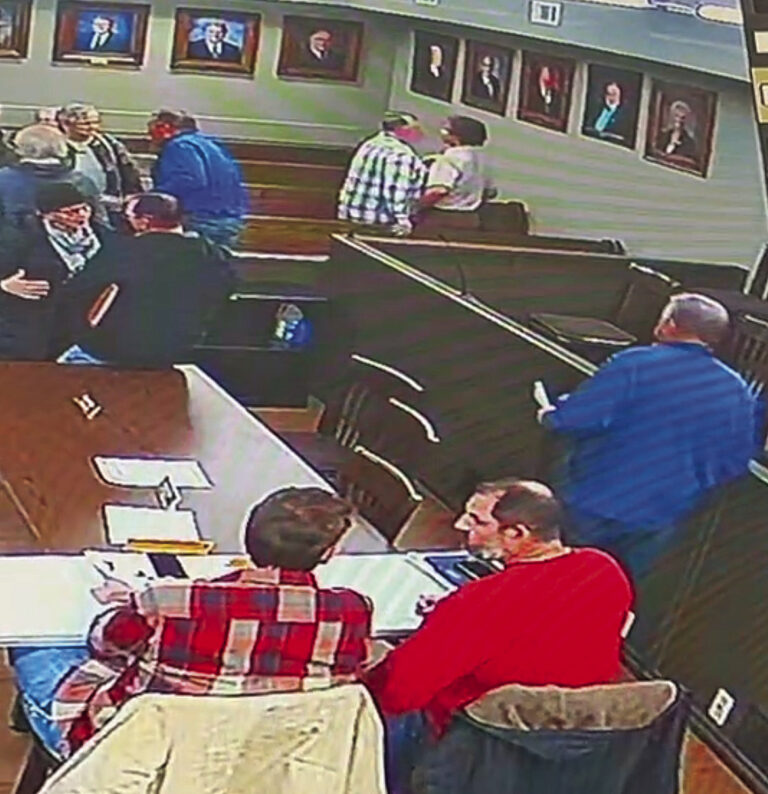Turpentine Creek Wildlife Refuge will soon become the new home for three African lions currently living in Honduras after a recent global partnership agreement.
TCWR recently joined Carolina Tiger Rescue of Pittsboro, N.C., in a partnership with Little French Key Resort in Honduras to give eight big cats — five tigers and three African lions — permanent homes in the United States.
“The joint effort represents a powerful commitment to global animal welfare, with each sanctuary leading a coordinated transport and care plan,” says a news release on the project sent out by TCWR and Carolina Tiger Rescue.
Both organizations, accredited by the Global Federation of Animal Sanctuaries, have launched fundraising campaigns to help cover the costs of the operation.
Leonardo Lahijani, who oversees the zoo and animal care at Little French Key and is the son of the resort’s owners, initiated the rescue as part of a major transition for the property – shifting away from housing exotic species toward focusing on native wildlife conservation.
“I love all the animals very much,” Lahijani said. “I consider them my family. I’ve been fighting for three years to move them. It’s like sending your family away, and it’s going to break my heart, but at the same time, I realize that we’re very limited in what we can offer them because we’re in a very small area.”
TCWR was first contacted about the project more than a year ago, said Tanya Smith, president and founder of the Eureka Springs facility.
“When Leo first reached out in May of 2024, we knew we had to do whatever we could to help them,” Smith said. “Our Freedom Field development prepared us for this situation. Most sanctuaries are already at capacity, but working through our Big Cat Sanctuary Alliance network, we engaged with Carolina Tiger Rescue.
“This is an extraordinary collaboration built on trust, transparency, and a shared goal of giving these animals the lives they deserve. For the lions, this will be the first time they’ve known safety, stability, and a true forever home.”
Kris Marino, executive director of the North Carolina facility, agreed.
“This is what real collaboration looks like,” Marino said. “We’re incredibly grateful to Leo for his willingness to partner with us and prioritize the well-being of these animals.”
According to the joint release, the cats will travel in specially designed crates, undergo full veterinary evaluations upon arrival and begin their quarantine periods before integrating into their new homes.
Every step – from permits and flights to long-term care – has been designed with the animals’ comfort and safety as the top priority, the release said.
“International animal rescues are complex operations involving numerous logistical, legal, and regulatory considerations that can evolve quickly,” Smith said. “Above all, the health and safety of the animals is our highest priority, and we take every precaution to ensure their well-being throughout the process. While we work diligently to minimize risks during transfer, we ask for your understanding that unforeseen challenges can arise on any front.
“We remain committed to transparency and encourage everyone to follow us on social media for ongoing updates as the rescue progresses.”

